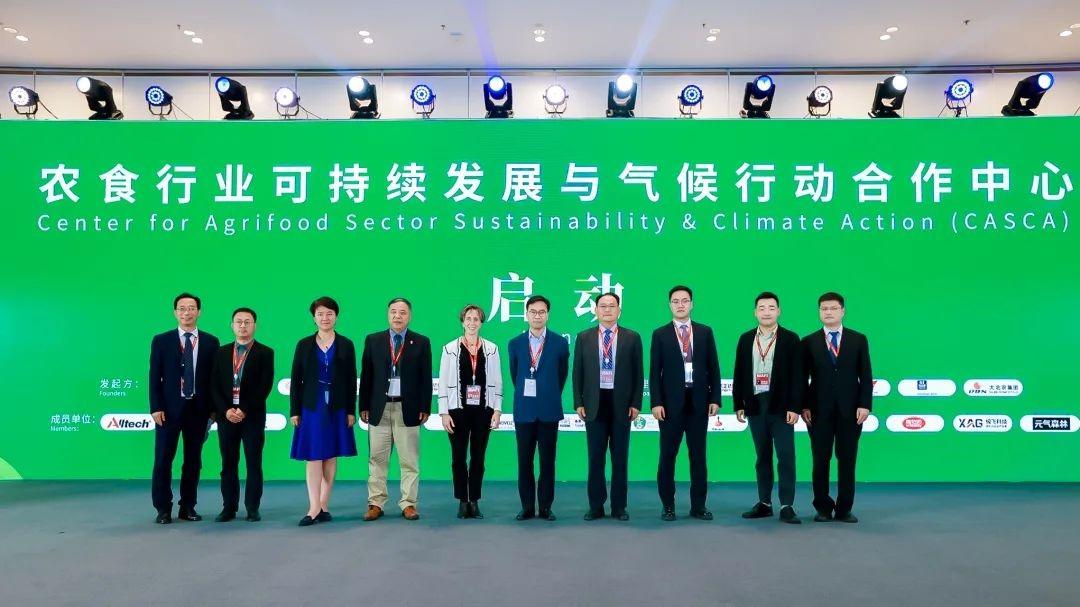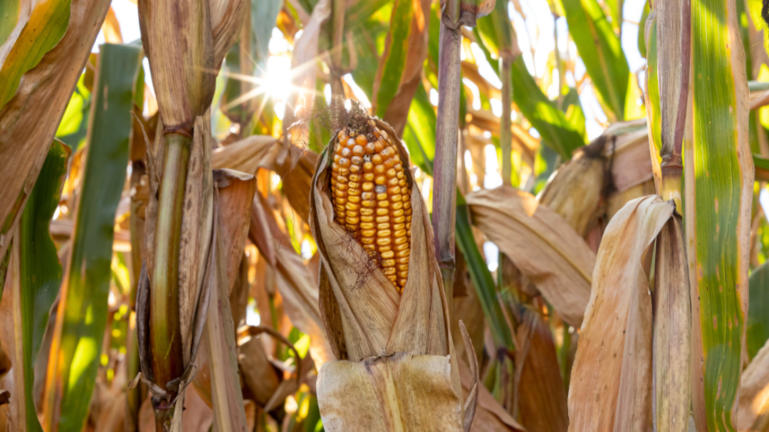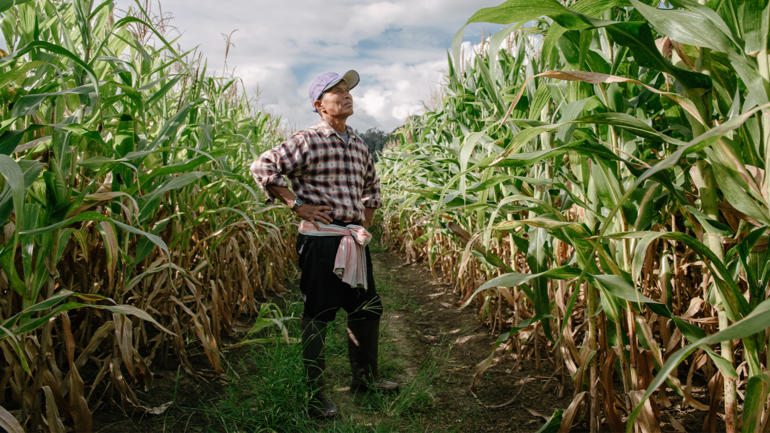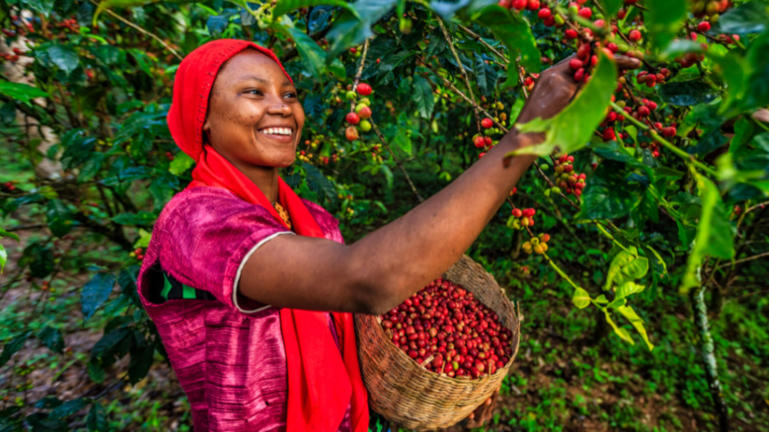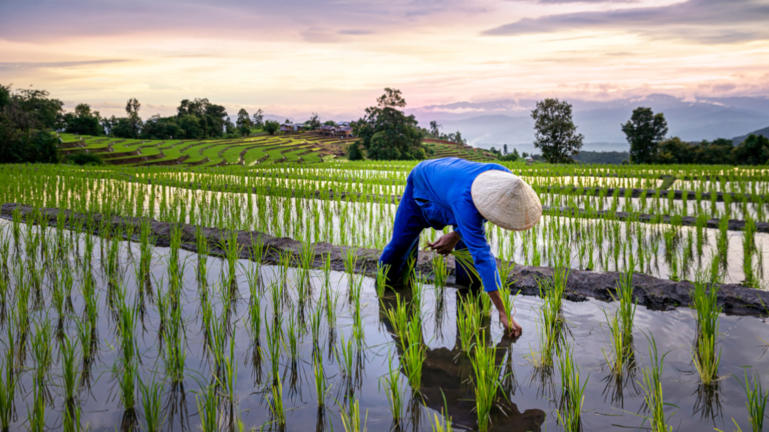In a rapidly evolving world where the sustainability of our food systems is more critical than ever, the 2023 World Agrifood Innovation Conference (WAFI) was an important milestone in driving public-private collaboration for global food systems transformation. This three-day, high-profile international event, focusing on agrifood innovation, took place 2-4 November in Pinggu District, Beijing.
Led by the World Business Council for Sustainable Development (WBCSD), the WAFl Entrepreneurs Forum, one of the four thematic forums of WAFI, brought together global leaders and entrepreneurs who committed to leading the agricultural and food industry towards a more sustainable future. More than 200 representatives from the agrifood industry attended the event in person, while over 700,000 individuals tuned in to the live broadcast.
Highlights from the WAFI Entrepreneurs Forum
Opening address and keynote speeches: Diane Holdorf, Executive Vice President of WBCSD, delivered the opening speech of the Entrepreneurs Forum, articulating WBCSD's commitment to collaborating with businesses to foster sustainable development and the transformation of the agricultural and food sectors. Following this, Simon Winter, Executive Director of the Syngenta Foundation for Sustainable Agriculture, Qin Yinglin, Chairman of Muyuan Group, Harjan Kuiper, CEO of Rabobank China, and Zhou Jia, Global Partner of McKinsey & Company, delivered keynote speeches, sharing innovative solutions for a more sustainable agrifood industry.
Roundtable discussions: Two engaging roundtable discussions took place during the event, exploring food security, entrepreneurial leadership, and the challenges and opportunities in traditional agrifood transformation. 12 organizations from across both the globe and the value chain participated, including Dabeinong Group, China Shengmu, Syngenta Group China, SinoCarbon, Novozymes, Modern Dairy Holdings, Starbucks, Budweiser, China Agricultural University, World Resources Institute, and the Rainforest Foundation Norway.
Key launches: Chinese CEO Guide and CASCA
WBCSD’s CEO Guide to Food System Transformation was released in its Chinese version. The Guide will provide business leaders in China with valuable insights into the execution of agricultural and food transformation. It further seeks to foster a conducive policy environment, institutional support, and the creation of an inclusive and transparent agricultural and food system. The CEO Guide received a warm reception from the audience, signifying its importance in guiding businesses towards sustainability.
In addition, the WAFI Entrepreneurs Forum announced a significant initiative in China – the Center for Agrifood Sector Sustainability & Climate Action (CASCA). This initiative, jointly founded by WBCSD, Syngenta Group China, MBA Education Center of China Agricultural University, World Resources Institute, and the Global Food and Land Use Coalition, aims to enhance awareness of sustainable development within the agrifood sector. CASCA seeks to promote technological innovation, carbon neutrality, and foster collaboration among industry, academia, and research. Currently, 20 companies have joined CASCA, and Syngenta Group China, Dabeinong, Beidahuang, Budweiser, and Yara have expressed their willingness to serve as board members.
WBCSD’s role in amplifying the private sector voice across a multistakeholder agenda at WAFI
Across the conference, WBCSD played a crucial role in advocating for the involvement of the private sector and amplifying the business community's voice in international agrifood conversations. WBCSD’s delegation met with core leaders of the Beijing Municipal Government, the Ministry of Education, and the Ministry of Agriculture and Rural Affairs, exemplifying the importance of private-public dialogues in transforming food systems. WBCSD’s role as organizer of the Entrepreneur’s Forum ensured active discussion of the pivotal role, responsibilities, opportunities, and challenges of the private sector in the transformation of agricultural and food systems.
Additionally, during the Plenary Forum III, moderated by Diane Holdorf, entrepreneurs discussed how agrifood systems can transform to combat climate change and reduce carbon emissions. WBCSD emphasized the pivotal role of businesses in the transformation of agriculture and food systems, and has been working with companies in developing guidelines to support businesses with responding to the climate crisis, such as the Climate Scenario Tool and its accompanied Scenario Analysis and Application Guide .
The conference culminated with the release of the "Pinggu Consensus" which highlighted the significant role entrepreneurs and the private sector play in advancing the transformation of agriculture and food systems. This consensus stressed the importance of collective actions from businesses to expedite the journey towards sustainability.
In a country where agriculture and food are of paramount importance, this conference has set the stage for a more sustainable and innovative future for the agrifood industry. Moreover, WAFI was a significant turning point for WBCSD's work on agriculture and food in China. We are committed to working with companies and partners using CASCA as a platform and network to localize and delve further into WBCSD's global strategy.

